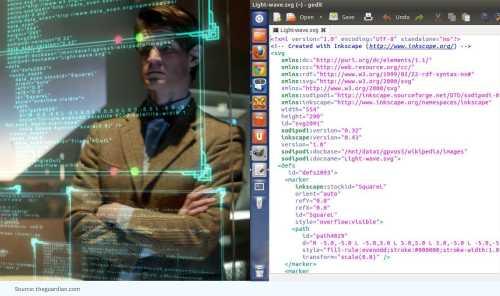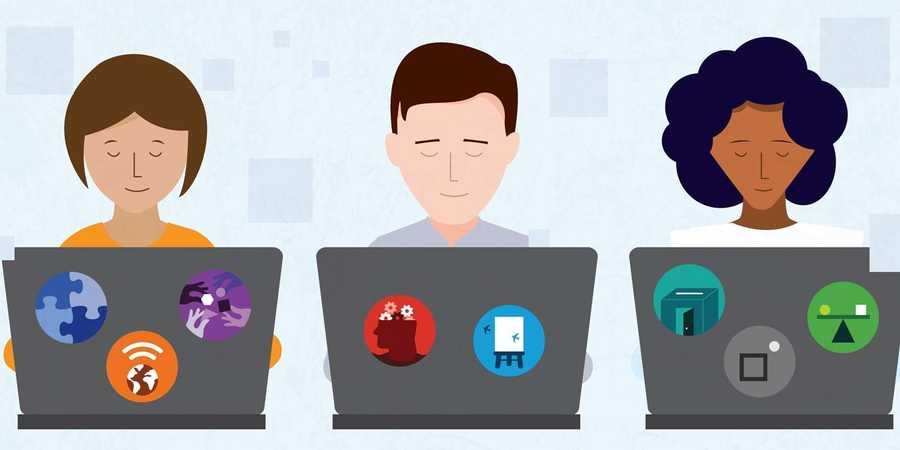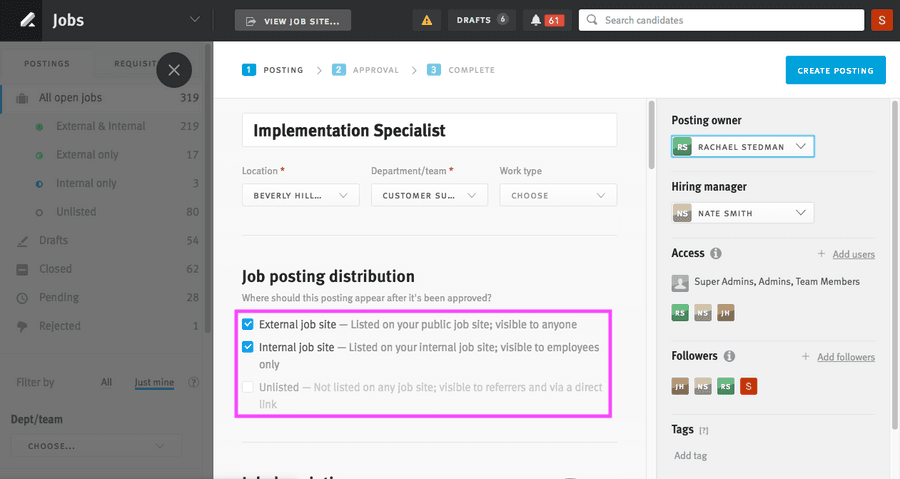How to Excel in Tech Without Learning to Code
Curated from: future.a16z.com
Ideas, facts & insights covering these topics:
13 ideas
·1.83K reads
7
1
Explore the World's Best Ideas
Join today and uncover 100+ curated journeys from 50+ topics. Unlock access to our mobile app with extensive features.
Technical literacy does not mean learning to code
People think about “being technical” in a binary way, there are software developers who know how to code, and there’s everyone else.
Being technically literate simply means that you’re comfortable with the basics of how technology works, and critically, you understand the area you work in with more depth.
36
413 reads
Useful and practical Technical literacy has two layers
- The base: The basics of software and hardware.
What’s a computer?
What’s the internet?
What’s a database?
- The domain: Deeper knowledge that’s relevant to your job.
What products are we building, selling, and using?
How do they work? What problems do they solve?
How do our engineers build and use them?
How do your team’s tools work?
The point of being technically literate means understanding and working with developers, and being an expert at the tools you need to get your job done.
35
221 reads
The importance of working with and understanding software engineers.
If you work at a startup, chances are you’re going to need to collaborate with developers. That work could be internal on internal tools, integrations, providing expertise, etc. or it could be external marketing to, selling to, and recruiting developers
Developers can be some of the most curious, thoughtful, and creative people to work with. But from afar, they can appear intimidating at best and downright scary at worst.
Understanding the basics of what code is, how it works, and what developers are doing every day will help break down that barrier and engender collaborative relationships.
34
170 reads
Technical Literacy for common roles (1/2)
Product: Without understanding how software engineers work and the basics of what code they’re writing you’ll be looking at a black box. Effectively prioritizing feature work, keeping tight timelines, and aligning stakeholders are all predicated on understanding the work your developers are doing.
Recruiting: Technical literacy can help recruiters more quickly identify strong candidates, speak intelligently about internal engineering organizations, and articulate what kinds of interesting engineering problems candidates will get to work on.
35
153 reads
Technical Literacy for common roles (2/2)
Marketing: Even if your product isn’t explicitly focused on developers, every startup eventually needs to build a developer program (see Slack and Twitter). Without technical literacy, marketers will be in the dark on how to effectively speak to and engage with this potentially lucrative audience.
Sales: Developers are notorious for disliking being sold to, so the process requires a specific approach. You need to understand typical developer workflows especially as they relate to the product you’re selling as well as what makes your company’s product compelling to this technical audience.
33
115 reads
Technical literacy on the job: working with tools
The better you understand the software your team relies on, the more proficient you’ll be in it. This already happens naturally: teams that are large enough will usually have one “power user” who seems to know the ins and outs of Salesforce, Lever, or whatever your team runs on. You want to be that person.
Becoming a true power user requires hours of reading documentation, finding tutorials online, and engaging with the community around whichever tool you’re focused on.
36
117 reads
Technical literacy and integrations
The tools you use day-to-day integrate with other parts of your company’s stack. Lever job postings might be displayed on your marketing website with Lever acting as the CMS; Intercom might be pulling user-level data from your data warehouse.
Understanding them means the difference between something getting fixed immediately and something getting fixed in a couple of weeks.
The more technically literate you get, the more of these small opportunities you’ll find in between the cracks of your company’s toolchain — and the more impactful you’ll be.
33
95 reads
Being technically literate can often mean the difference between being self-sufficient and getting delayed by engineering resources.
JUSTIN GAGE
35
123 reads
Starting your technical journey: Make a plan
Start by taking a look at your company and your role, and where you think being more technical could give you an edge. Earlier we identified a couple of areas:
- Understanding and working with developers
- Being an expert at your toolchain
If you’re a marketer, you’ll want to focus on cultivating an understanding of the developer persona, as well as diving into specific topics like email deliverability/how data moves between systems. Be specific about what you want to learn. A useful question to ask is: “Where have I lost out by not being technical?”
34
78 reads
Find a developer friend or two
If you’re working in startups, you’re already surrounded by people who spend their entire days doing what you’re trying to learn a little bit about software.
In this arena, you’ll want to come prepared. Structured conversations with questions you’ve thought of in advance are a much better use of a developer’s time than aimless curiosity. Try focusing on the areas you’re weakest in, and do research in advance so you’re not putting the entire learning burden on someone else
34
75 reads
Get good at Google
There aren’t many places on the web with curated resources you can just read through so you’re going to need to be scrappy. The best content for explaining tech concepts sits in two places:
- YouTube. It has a lot of garbage, but it can be a goldmine for visual explanations of technical concepts. The most useful videos are not always the flashiest or best-produced ones.
- Company-specific blogs. These are harder to find, but generally, the best content for any individual concept comes from a company that makes money off said concept.
34
92 reads
You don’t need to learn how to code to be technically literate
Understanding how programming works, what a language is, and basic patterns like packages and version control will help you across the board:
- You’ll have a concrete understanding of what developers actually do
- You’ll be able to write simple scripts and work with tools to automate your work
- You’ll get a first-person view of the tools developers use today (React, Redux, etc.)
Think about something cool you’d want to build or automate maybe a tip calculator or something to send emails and try focusing on learning what you need to build that specific thing
35
90 reads
Find influencers and experts in your space
Once you’ve built your plan and started looking around the web for helpful content, you’ll likely come across some usual suspects in your particular field who are creating useful stuff. Follow them, A few examples:
- Benn Stancil’s Substack on data strategy and tools
- Corey Quinn’s newsletter about AWS (and his entertaining Twitter)
- Vicki Boykis’s newsletter about tech and tech culture
- My Technically newsletter on getting more technical
You might not understand everything you read, but diffusion is powerful and you’ll be surprised how quickly you improve.
36
95 reads
IDEAS CURATED BY
Christopher Barton's ideas are part of this journey:
Learn more about computerscience with this collection
Leonardo da Vinci's creative process
How to approach problem-solving like da Vinci
The importance of curiosity and observation
Related collections
Similar ideas
Read & Learn
20x Faster
without
deepstash
with
deepstash
with
deepstash
Personalized microlearning
—
100+ Learning Journeys
—
Access to 200,000+ ideas
—
Access to the mobile app
—
Unlimited idea saving
—
—
Unlimited history
—
—
Unlimited listening to ideas
—
—
Downloading & offline access
—
—
Supercharge your mind with one idea per day
Enter your email and spend 1 minute every day to learn something new.
I agree to receive email updates







